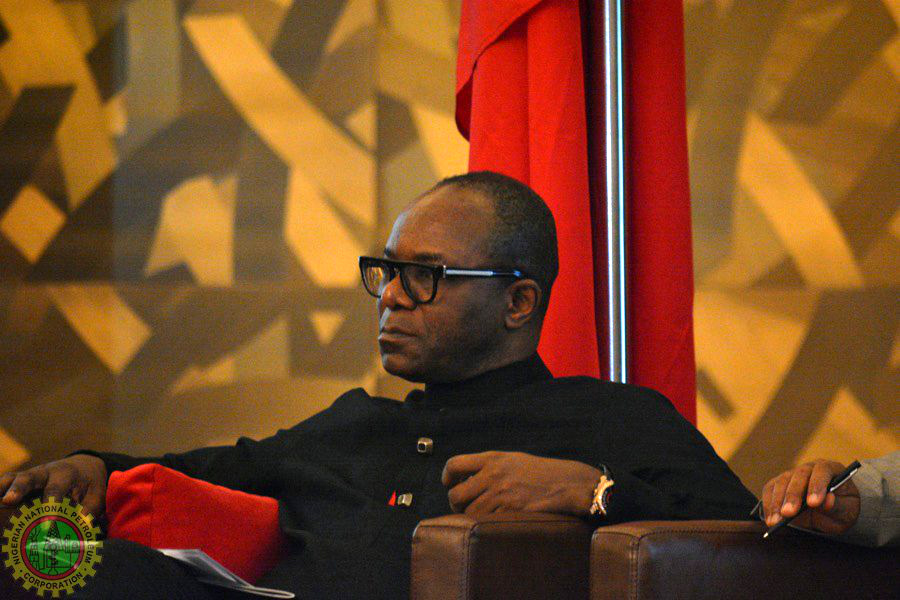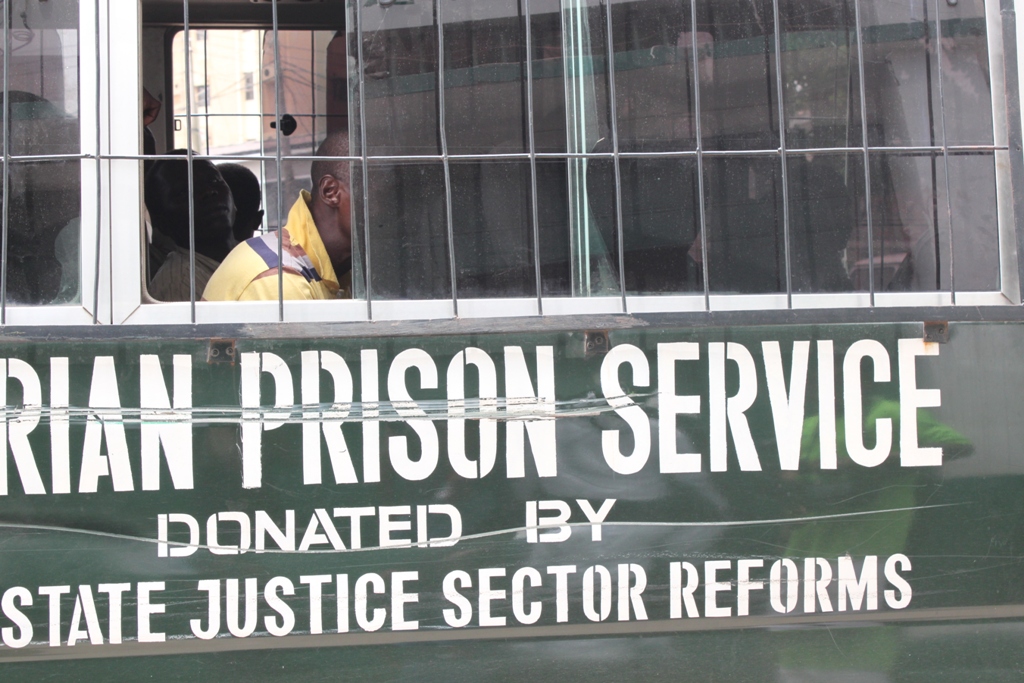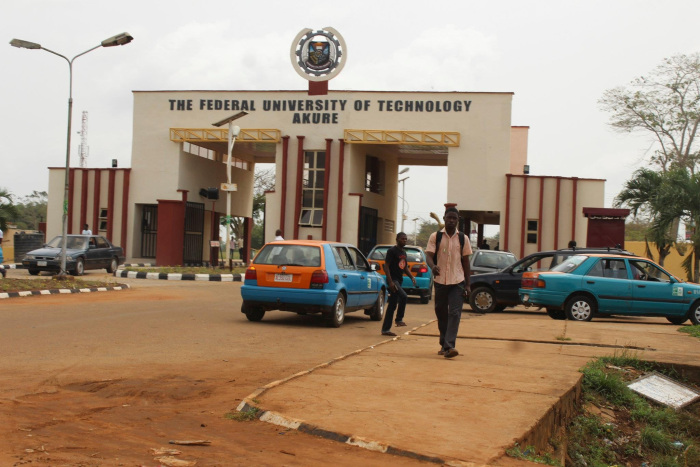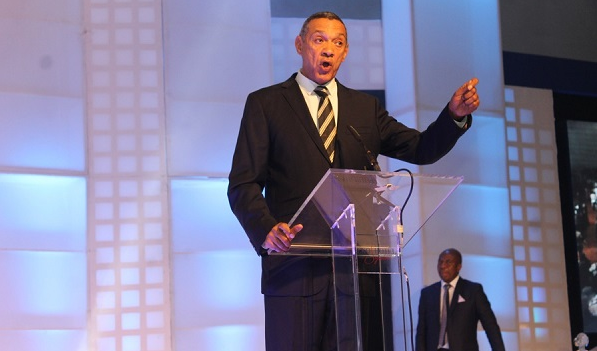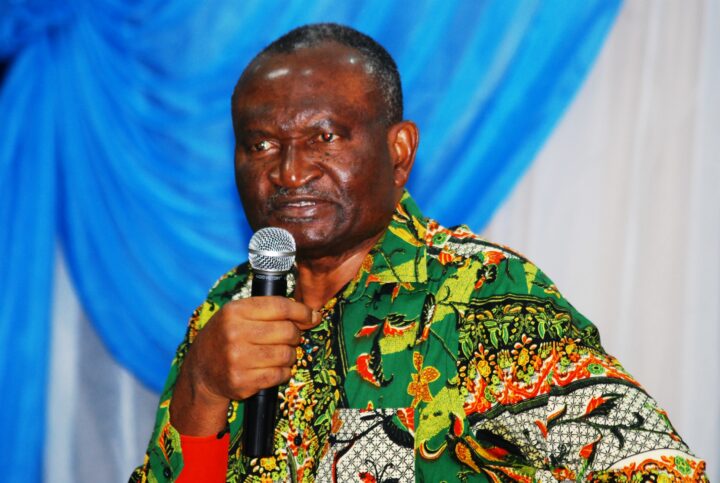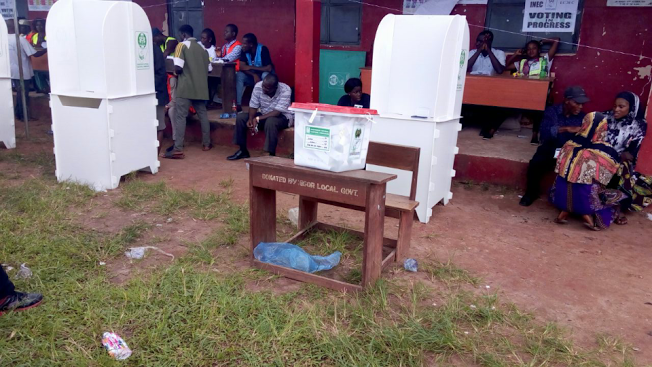Emmanuel Kachikwu, minister of state for petroleum resources, says Nigeria is expecting a loan facility of close to $4 billion from China.
Speaking with state house correspondents after Wednesday’s meeting of the federal executive council, Kachikwu said the loan, which will be used to bolster infrastructure in the oil industry, was one of the results of the July road show in China, where Nigeria signed a $75.6bn Memorandum of Understanding in investments in the oil sector.
He also said a 40-man Chinese investment team is scheduled to arrive the country at the end of the month, as part of long-term strategic collaborations between the two countries.
“That is still work in progress; we are having a team of over 40 Chinese in Nigeria by the end of this month. We are also setting up a full inter-ministerial panel that will be deliberating with them for each of those sectoral investments,” Kachikwu said.
Advertisement
“I will say that the target we had while going to China was to raise $40billion, which is the total cost of our infrastructural gap for the
oil industry.
“We raised about $75.6 billion, $69 billion of which was NNPC and government-related potential investments and loans, and the rest directly related to the private sector. If we get even 20 per cent of that, it will be a major achievement for us.
“I will say we have one-year period to work on this. We expect that some will come earlier; there are some facility lines that are almost
readily available — close to about $3 or $4 billion — but the investment packages will take us time. This is different from the pledges that were made when the president visited China, which was an all African type front basis; this is completely separate.”
Advertisement
Also speaking, Babatunde Fashola, minister of power, housing and urban development, updated journalists repairs on federal government roads, the ones that were on the priority list, and the acute funding challenge stalling most of the works.
“I think that we need to properly identify the nomenclature of some of these roads. The fact that the roads are in the FCT does not necessarily make them federal roads,” he said.
“Secondly, the point also to make is that our ability to intervene is constrained by our budget. You cannot build a road without appropriation and authorisation for it.
“When we set out last year on assumption of office, I made it very clear what the liabilities that we had were; we had to deal with contracts valued in the region of about N2 trillion or N2.2 trillion that had been awarded before we came; there were debts owed to those contractors, there were liabilities to complete them in the region of about N1.5 trillion.
Advertisement
“Now, the budget that we have for the three ministries that I superintend are in the region of N400 plus billion but over N200 billion is dedicated to roads across the country. So that is the deficit that we have to deal and in making those choices, we then have to deal not with roads that necessarily bother us but roads that carry the heaviest traffic.”
Fashola explained that the first challenge was to deal with roads that evacuate the country’s energy needs, because without energy the nation would grind to a halt.
“Those roads evacuate energy from south to north, fuel in particular. Secondly, those roads that evacuate our nourishment and food supply — our millet, tomatoes and yam — from north to south.
“We also have to ensure that the transportation business does not die. So when you are hearing Lagos-Ibadan [Expressway], it is not Lagos-Ibadan itself, it is Lagos-Ibadan as the arterial and critical support to keep the economies of this country going.
Advertisement
“That is where importers from north or south, the bulk of imported cargo, come from — the Apapa and Tincan port. That is where fuel is largely discharged from the country from the tank farms in Apapa and discharged to the furthermost part of the country.
“So we are in situation where we have to make choices and this is how a family makes choices: what gives the greatest good to the possible greatest number with the most limited resources?”
Advertisement
Add a comment
